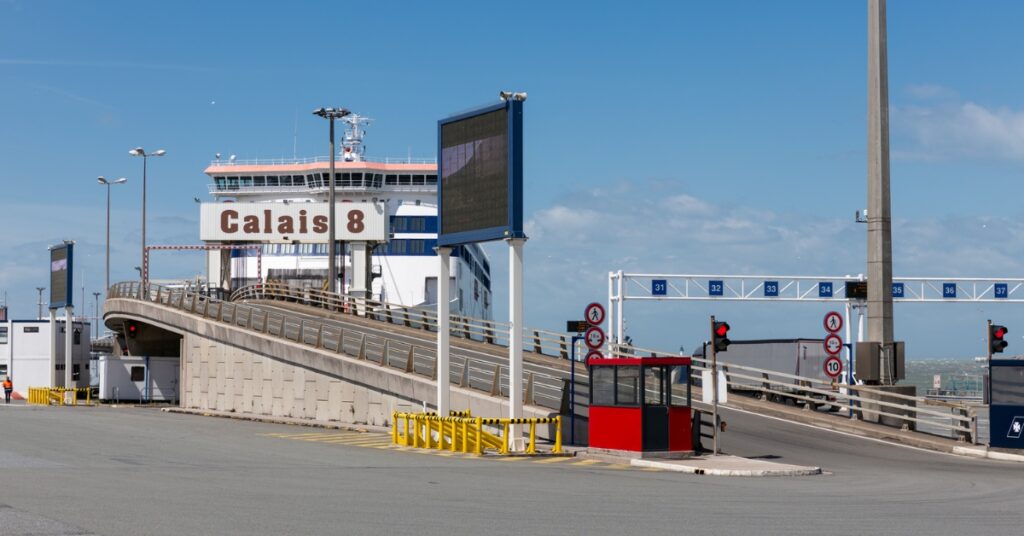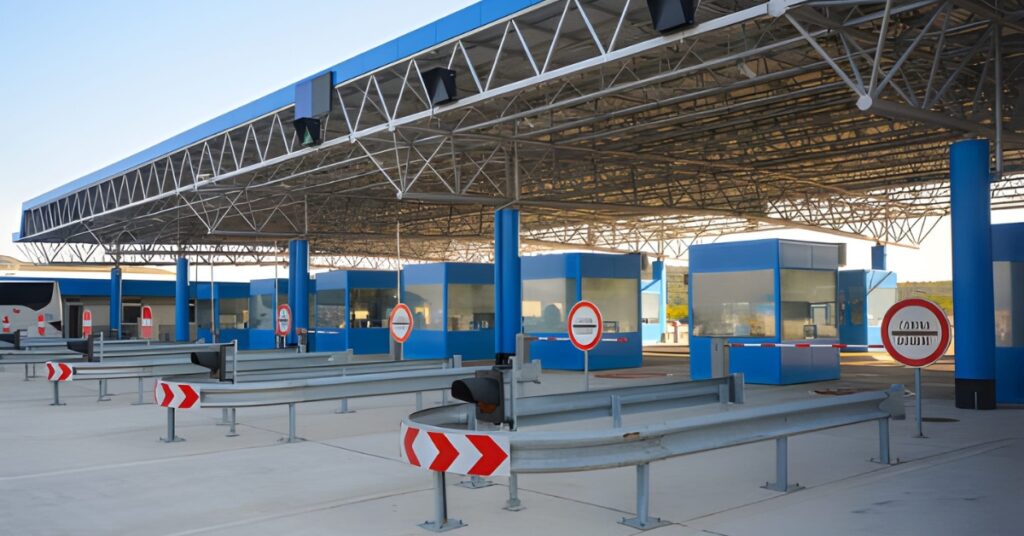
France has paused the launch of the European Union’s new Entry/Exit System (EES) at Dover, delaying digital border checks for car travelers that were set to start on November 1.
The move comes after concerns the system could cause hours-long queues and major travel disruptions at one of Britain’s busiest ports.
French authorities delay Dover rollout
The Port of Dover confirmed it was ready to begin the new digital border checks on November 1 but said activation was postponed after France advised a pause.
Port chief executive Doug Bannister said that officials were “being guided by French authorities” and asked for at least two weeks’ notice before starting, to allow time for traveler communication and new signage.
What new system does
The EES is designed to record biometric data — fingerprints and photos — for travelers from non-EU countries entering the Schengen zone. It replaces passport stamping and aims to tighten security and speed up future crossings.
The system went live for freight and coach passengers in mid-October and was expected to expand to cars this month.
Once operational, most travelers will have to leave their vehicles at the port to register at electronic kiosks before continuing to passport control.

Concerns over long waits
Officials have warned that initial processing could take much longer than current manual checks. Dover port estimates that car inspections could take up to six times longer while the new system settles in.
Travel groups have raised concerns about queues stretching for miles during busy periods. Julia Lo Bue-Said, chief executive of Advantage Travel Partnership, told the BBC earlier that delays could last “hours” as drivers leave their vehicles for biometric checks.
Gradual rollout planned
Under current plans, EES will be introduced in phases at border points across Europe until April 2026.
Dover, Folkestone, and London St Pancras — where French border checks take place on UK soil — are the only UK locations included in the rollout.
Port officials say that the early stages will focus on collecting passport details, with fingerprints and facial scans added later. French and EU border agencies will monitor progress before approving full activation for car passengers.

Travel turbulence ahead
More than nine million passengers and over one million cars pass through Dover every year. Any delay in border processing could ripple through UK-EU trade and holiday travel, particularly during peak summer months.
The European Travel Agents’ Association (Etoa) has described the rollout as “a complete muddle,” citing confusion over timing and coordination between authorities.
The rule change years in the making
The EES was first proposed in 2016 to modernize how the EU tracks non-EU visitors. Britain’s departure from the bloc means UK travelers are now treated as third-country nationals, making them subject to these checks.
Officials on both sides of the Channel say that the delay is temporary. France is expected to approve a new start date once it is confident that the technology and logistics are ready to handle large-scale passenger traffic.

New rules, same destination for travelers
The delay gives short-term visitors and tourists more time to adjust before Europe’s new border systems take full effect.
Once both the EES and the European Travel Information and Authorization System (ETIAS) are active, visa-exempt travelers — including most from the UK — will need both a digital border record and an online travel authorization before visiting Schengen countries.
ETIAS, scheduled to launch in late 2026, will apply to citizens from 59 visa-free nations and cost €20 for a three-year permit. Together, these systems mean tighter screening and less reliance on passport stamps.
Migrants staying long-term or applying for residence permits will continue to follow each country’s immigration rules but could face longer processing at entry points.
What happens next
The Port of Dover says that it remains ready to launch the new border checks once France gives the go-ahead. The pause highlights how even small changes in cross-border systems can create big challenges for travelers and trade.
Officials on both sides insist that the delay is temporary, but it shows the scale of coordination needed between the UK and EU in a post-Brexit world.
For now, holidaymakers and drivers will have to wait a little longer before the digital checkpoints go live.
